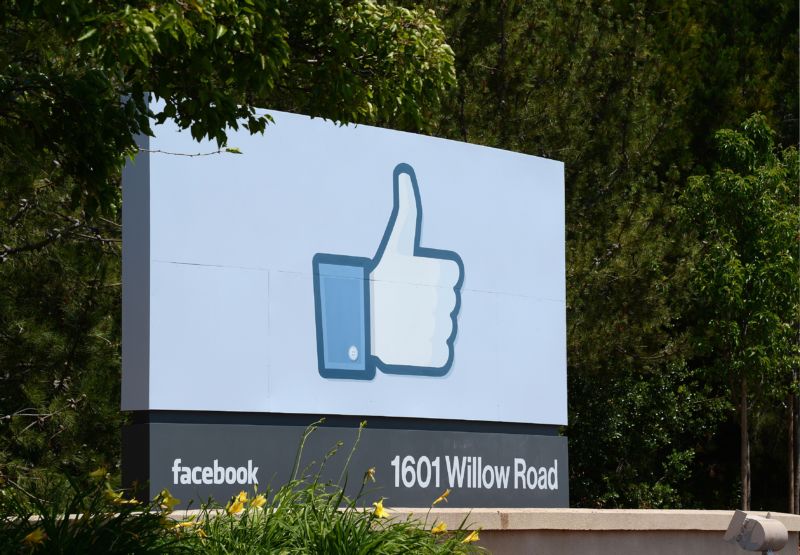
With five measles outbreaks ongoing in the US, lawmakers are questioning both health officials and tech giants on their efforts to combat the noxious anti-vaccine misinformation fueling the spread of disease.
Last week, Lamar Alexander (R-Tenn.), chairman of the Senate health committee, along with ranking member Patty Murray (D-Wash.) sent a letter to the Centers for Disease Control and Prevention and Health and Human Services. The lawmakers asked what health officials were doing to fight misinformation and help states dealing with outbreaks. “Many factors contribute to vaccine hesitancy, all of which demand attention from CDC and [HHS’ National Vaccine Program Office],” the lawmakers wrote. On Thursday, February 14, the committee announced that it will hold a hearing on the subject on March 5.
Also Thursday, Rep. Adam Schiff (D-Calif.) sent letters to Google CEO Sundar Pichai and Facebook CEO Mark Zuckerberg. In them, Schiff expressed concern over the outbreaks as well as the tech companies’ role in enabling the dissemination of medically inaccurate information.
If “concerned” parents see phony vaccine information in their Facebook newsfeeds or YouTube recommendations, “it could cause them to disregard the advice of their children’s physicians and public health experts and decline to follow the recommended vaccination schedule,” Schiff wrote in both letters. “Repetition of information, even if false, can often be mistaken for accuracy, and exposure to anti-vaccine content via social media may negatively shape user attitudes towards vaccination.”
Schiff referenced a recent Guardian article reporting that searches on both Facebook and YouTube easily led users to anti-vaccine garbage. He also expressed concern over a report that Facebook accepts payments for anti-vaccine ads. Schiff didn’t name the source of that report, but an article published Thursday by The Daily Beast noted that seven Facebook pages that post and promote anti-vaccine bunkum were targeting women over the age of 25.
Unfriending anti-vaxxers
In an emailed statement, a Facebook spokesperson told Ars:
We’ve taken steps to reduce the distribution of health-related misinformation on Facebook, but we know we have more to do. We’re currently working on additional changes that we’ll be announcing soon.
Facebook added that simply deleting anti-vaccine perspectives isn’t an effective solution to the problem. Instead, the company is thinking through ways to boost availability of factual information on vaccines while minimizing harm from misinformation, though it didn’t provide specifics on ideas.
In a statement to Bloomberg, Facebook went a little further, explaining that it was considering “reducing or removing this type of content from recommendations, including Groups You Should Join, and demoting it in search results, while also ensuring that higher quality and more authoritative information is available.”
Facebook noted to Ars that users can always report objectionable groups, posts, or comments and that health-related information is eligible for fact-checking.
Google declined to comment on the letter from Schiff specifically. However, the company noted that it has been working to improve its recommendation system and make sure that credible news sources and contextual information float to the top of search results.
Schiff mentioned in his letter that he was happy that Google has already taken steps to improve the situation, writing, “I was pleased to see YouTube’s recent announcement that it will no longer recommend videos that violate its community guidelines, such as conspiracy theories or medically inaccurate videos, and encourage further action to be taken related to vaccine misinformation.”
So far this year, the CDC has documented more than 100 measles cases that span ten states.
Editor’s note 2/15/19, 2:45 ET: This post has been updated to include Google’s response.
https://arstechnica.com/?p=1457479

